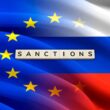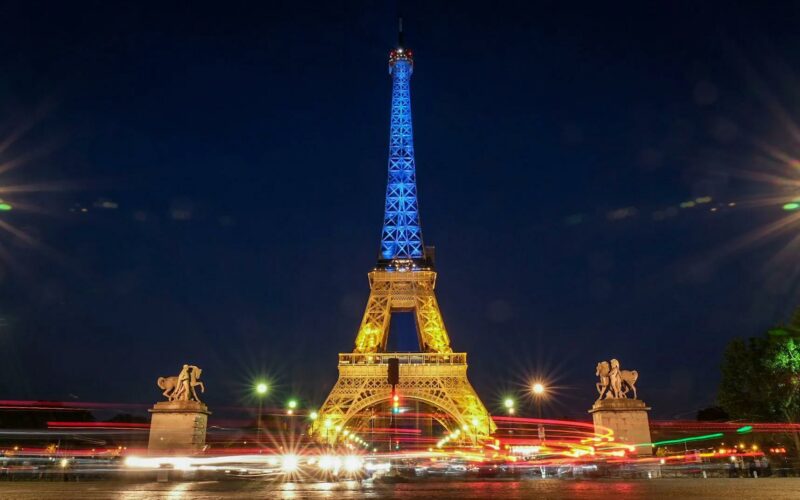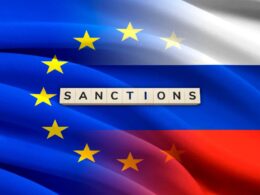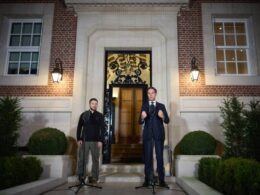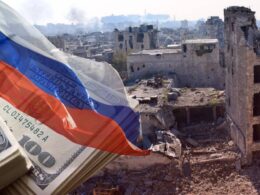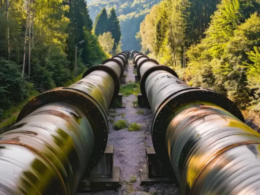There are new trends in pro-Moscow circles in France. Not so much a complete change of discourse, but significant adjustments that make sense to look at more closely. Recently, the head of the Rassemblement national (RN), the former National Front, Jordan Bardella, said in a live interview on the BFM TV program “Face to Face”: “There is an aggressor state, Russia, and a victim of aggression, Ukraine.”
Unlike her predecessor Marine Le Pen, who hides behind the slippery excuse of “against war and for peace,” the current leader of the RN has clearly spoken out in favor of Russia’s defeat in the war against Ukraine. It is hard to say that we are talking about a change in the position of the entire party. But the very fact that such sentiments have emerged in the circles of the French far right is worthy of attention.
In particular, according to a new report by the European Council on Foreign Relations, the sharply negative perception of Russia in radical right and left circles is growing. Especially if we recall that in 2014 Marine Le Pen approved the annexation of Crimea, sent her “observers” to the pseudo-referendum there, and in 2011 she even expressed her “admiration” for Putin.
We see similar changes on the far left. The Paris march on the occasion of the anniversary of the full-scale invasion was attended by a well-known MP from the “Rise of France” party Raquel Garrido. “Today in Paris, I represent the parliamentary group of the ‘Unconquered’ at the demonstration organized by associations, trade unions and the Union of Ukrainians in France on the occasion of the first year of the war in Ukraine. Full solidarity,” she tweeted.
However, the leader of this political force, the controversial and very popular Jean-Luc Melenchon, is not so unambiguous in his statements. “If I were the president of France, I would immediately initiate peace talks to stop the war in Ukraine,” he likes to repeat in numerous interviews, essentially playing along with Moscow.
We can cautiously state a belated and incomplete, but obvious turn in the collective consciousness of the French. In their attitudes toward the war in Ukraine, the far right and far left are no longer a monolithic camp of support for the Kremlin. There is a split within both radical camps, and it is deepening.
Ten years ago, Le Pen’s party was as loyal to Moscow on foreign policy as the French Communists were in the 1970s. But the desperate Ukrainian resistance is irrevocably destroying stereotypes and established political practices. In the eyes of ordinary French people, Putin is steadily turning into the naked king from Andersen’s fairy tale, and his army no longer gives the impression of being powerful and invincible.
